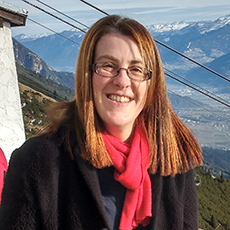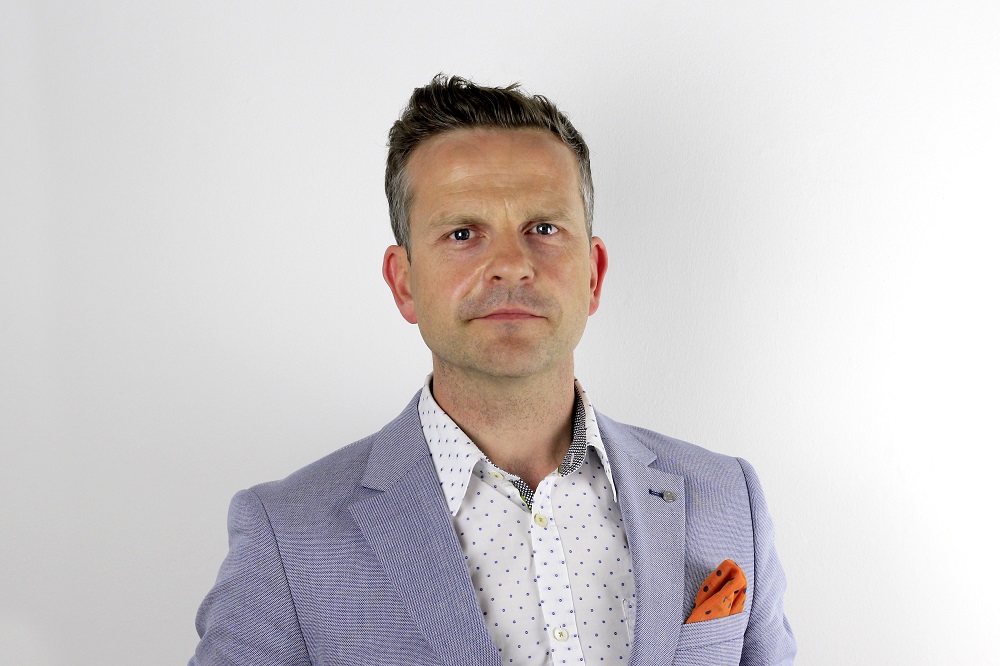
In an innovative and visionary collaboration, academics from the University of Birmingham are working with marketing communications agency Big Cat to explore the impact of figurative messages within advertising using state-of-the- art technologies.
With a specialist focus on supporting non-profit organisations and ethical advertising campaigns, this partnership will use the latest academic research techniques such as eye tracking software to underpin active advertising campaigns.
 Conducted by Professor Jeannette Littlemore, Dr Paula Perez-Sobrino, and Samantha Ford BA (Hons), the research is focusing on how information is presented to viewers and how they respond to it.
Conducted by Professor Jeannette Littlemore, Dr Paula Perez-Sobrino, and Samantha Ford BA (Hons), the research is focusing on how information is presented to viewers and how they respond to it.
Professor Jeannette Littlemore, Applied Linguistics, University of Birmingham explained, “Figurative messaging – or metaphor and metonymy, can appear in words, images and sound, and are useful tool in advertising. We might talk about women ‘hitting a glass ceiling’ in their career. No real ceilings are being hit in this metaphor but a comparison is being made between career progression chances and invisible yet solid ceilings. In metonymy, people refer to things by mentioning a related entity, so they might use the term ‘Hollywood’ to refer to the mainstream American film industry, or 9/11 to refer to the events that took place on that date.
Through the use of eye-tracking technology, qualitative interviewing, and Electrodermal activity measurement, we aim to establish a more nuanced understanding of people’s reactions to advertising material and how to improve its messaging.
We are thrilled to be working with such a vibrant and forward-looking marketing communications agency and can’t wait to take their research out of the lab and into the real world.

The current research was born out of the EMMA (Exploring Multimodal Metaphor (and Metonymy) in Advertising) project that ran from 2015-2017 which was led by the University of Birmingham.
This project will build on existing expertise and further the success of academic-industry collaborations that arose during EMMA.
Anthony Tattum, Big Cat Managing Director said
The benefit to industry is tangible: Big Cat will be able to better assess and understand audiences’ responses, leading to the creation of more effective, impactful, and ethical communication and advertising strategies.
We’re extremely excited about strengthening our relationship with the University of Birmingham through this exclusive partnership which will provide access to innovative technologies that are currently revolutionising the advertising industry.
At Big Cat we are an insight driven agency where data informs all of our communications. By using powerful tools such as the biometric technology to analyse behaviour of consumers, we will be provided with a wealth of information that conventional research methods would normally miss. Those insights will be hugely valuable in helping us to engage better with the emotions of the relevant audiences and using them to inform and maximise our clients advertising campaigns.
Jeannette added,
More than ever Universities and businesses need to collaborate to address shared challenges. By working with Big Cat we will be able to put our academic work into practice in the public environment and deliver serious impact for non-profit organisations.
In the first instance, Big Cat will be using the research on clients including Solihull Community Housing (SCH), the arm’s length management organisation set up to run the housing service on behalf of Solihull Council and Aspire, a national charity that provides practical help to people who have been paralysed by Spinal Cord Injury.
